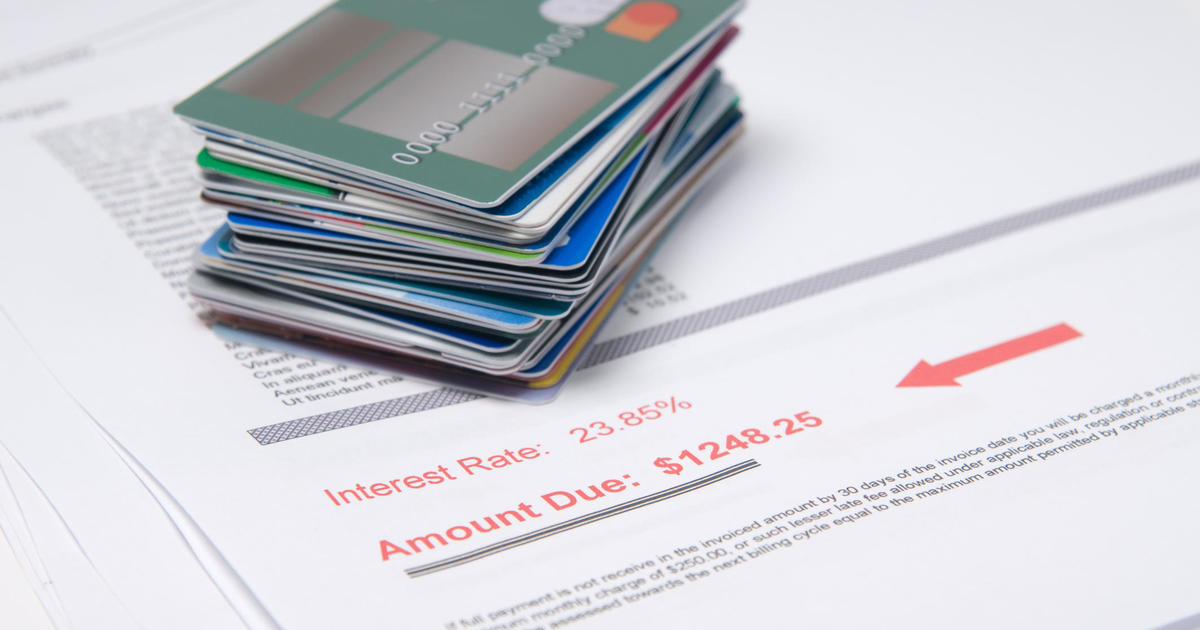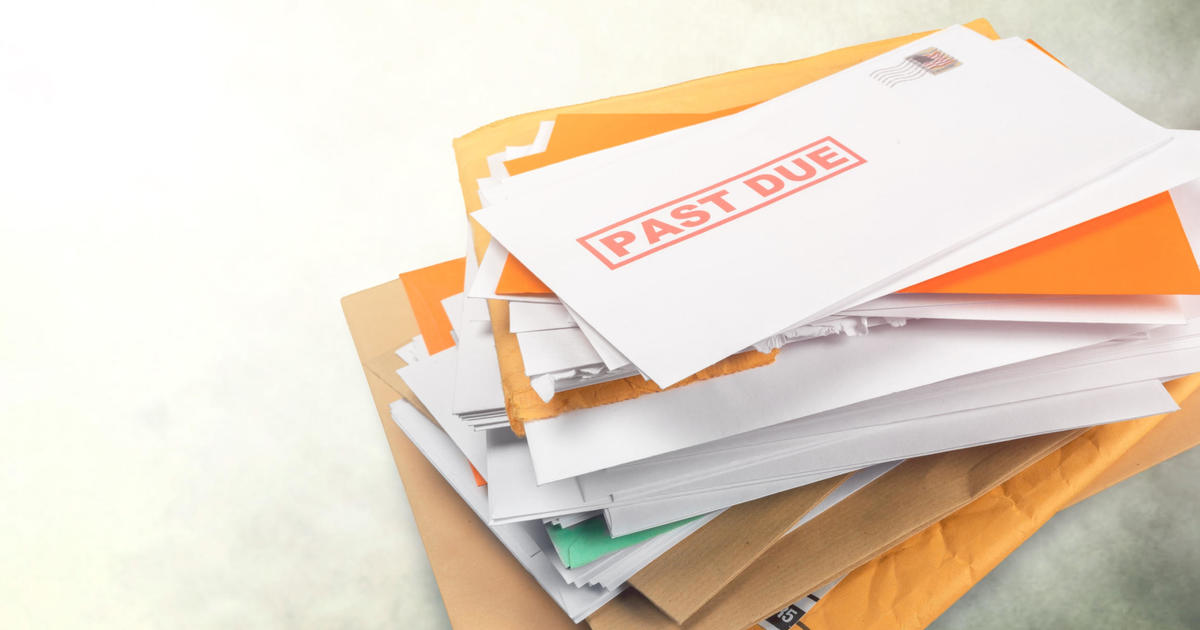Perfect credit score? You might still get rejected
By Nick Clements/MagnifyMoney.com
Americans obsess over their credit scores, and for good reason. Only people with the best scores can get the lowest mortgage rates, the cheapest auto loans and the most lucrative credit cards. Even auto insurance premiums and utility bills are often connected to your score.
However, people with perfect scores can still get rejected because that magical three-digit number is just one factor in a bank's or credit union's lending decision. Here are four reasons why an excellent score might not be enough:
You have insufficient income
A credit score doesn't know how much money you make or if you're employed. Credit scores are calculated using data from the three major credit bureaus. Those three, Experian (EXPN), Equifax (EFX) and TransUnion (TRU), have a lot of information, but the bureaus generally don't capture your employment and income data.
Lenders will learn about your income from the credit application. And if a lender thinks you have too much debt relative to your income, you can be rejected regardless of your score.
You could be a credit card "gamer"
Introductory bonuses on credit cards have increased dramatically over the last few years. Fifty thousand points is now the norm, and it's even possible to see 100,000-point bonus offers. Some people -- known in the industry as "gamers" -- have started applying for multiple credit cards in an effort to get as many bonus points as possible.
These aren't profitable customers, so banks have increasingly created rules meant to identify and reject gamers. If you've applied for a lot of bonus offers in the past, don't be surprised if you're rejected, even if your score is 850.
You had a major derogatory event in the past
With the right behavior, it's possible for your score to recover from a bankruptcy, foreclosure or other major collection item within a few years. However, some lenders are very picky and will still reject any borrower with a bankruptcy or major derogatory item. That means you'll have to wait until the negative item falls off your credit report, which can typically take seven years.
Which credit score are they using, anyway?
Hundreds of credit scores are in the market. FICO, the leading credit score, has different versions (Version 9 is the most recent, although many banks still use Version 8). Scores also differ depending on whether you're applying for a car loan, a mortgage or a credit card. The three credit bureaus recently introduced their own generic credit score, called VantageScore, which most of the free-score sites -- including CreditKarma -- use. And VantageScore comes in multiple versions.
But that's not all. Further complicating matters, most banks create their own scoring models. Sometimes a generic model, like FICO 8, could be a variable in the custom scoring model. It's highly likely that the credit score you're looking at isn't the score the lender making a decision is using.
Most generic credit scores focus on your on-time payment history and credit utilization. While it's important to have low credit utilization and a strong payment history, sometimes that's just not enough to get approved.
Nick Clements is a former banker turned consumer advocate and co-founder of the lending information website MagnifyMoney.com.



